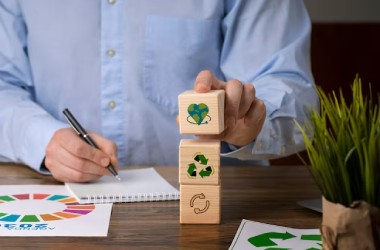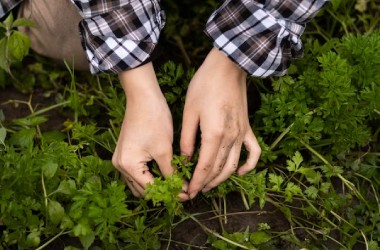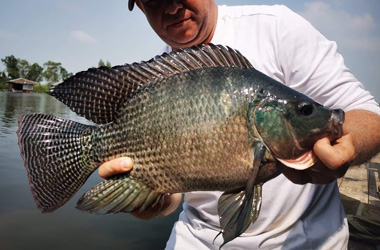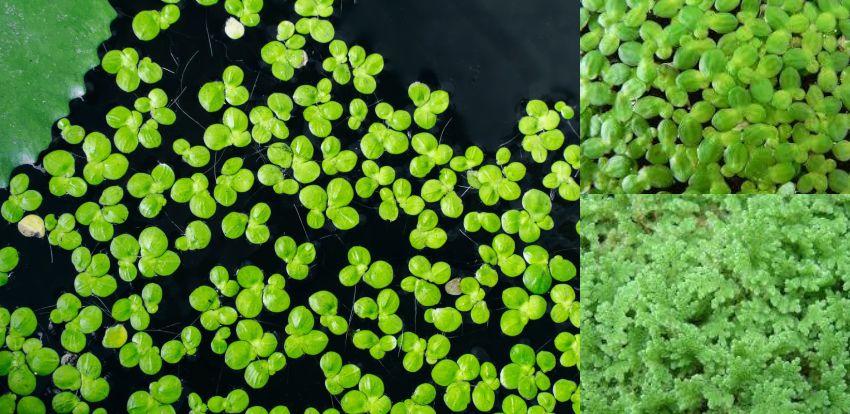
While aquaculture offers a promising avenue for sustainable food production, a critical gap exists – the traceability and sustainability of the inputs used in fish feed. Despite advancements in aquaculture practices, the origin of fishmeal, fish oil, and cereals used in feed production often remains uncertain.
This lack of transparency raises concerns:
- Overfishing and Bycatch: Untraceable fishmeal can contribute to overfishing and the unintended capture of non-target species (bycatch). This undermines the very sustainability benefits aquaculture aims to achieve.
- Industrial Agriculture's Footprint: Many alternative feed ingredients, like cereals, often originate from industrialized agriculture. This can involve deforestation, water depletion, and excessive pesticide use, negating the environmental advantages of aquaculture.
Addressing the Traceability Gap: A Transparent Future for Aquaculture
The key to unlocking a truly sustainable future for aquaculture lies in establishing a secure traceability system throughout the supply chain. This system needs to track the origin of inputs, from sourcing to final product delivery.
Here at Organigogo, we champion a different approach. Our initiatives prioritize sustainable resource optimization throughout the entire aquaculture supply chain, encompassing the farming practices and the origin and sustainability of the inputs used in fish feed.
This two-pronged approach ensures:
- Reduced Environmental Impact: By focusing on traceable and sustainable feed sources, we can minimize the environmental footprint of aquaculture. This includes mitigating overfishing, deforestation, and water depletion.
- Enhanced Transparency: Complete traceability throughout the supply chain allows consumers to make informed choices and supports responsible fish farming practices.
- Fair Market Value: A transparent and standardized certification process for sustainable aquaculture products can establish clear market value, incentivizing fish farmers to adopt stricter sustainability practices.
Integrating the Power of Multitrophic Aquaponics
The concept of multitrophic aquaponics seamlessly aligns with the principles of sustainable resource optimization. This innovative approach integrates various trophic levels within an aquaponics system, fostering a balanced and self-sustaining ecosystem. Fish, plants, and microorganisms work harmoniously, maximizing resource utilization, minimizing waste, and promoting ecological balance. This method enhances the resilience and efficiency of aquaponics systems, making it a powerful tool for sustainable farming.
Our Innovative Solutions
Organigogo spearheads several initiatives that embody sustainable resource optimization:
-
Lemna and Azolla Utilization: These plants play a vital role in organic aquaculture and wastewater treatment systems. They remove nutrients from wastewater, contributing to a circular economy by transforming waste into valuable protein-rich biomass. Additionally, they enhance phytoremediation, reducing organic pollution and preventing water body eutrophication.
-
AcquapodIT System: This closed-loop technology optimizes resource utilization in organic aquaculture. It provides training and technical assistance to farmers, while its IoT-based monitoring systems and data analytics empower them with real-time insights and automation, streamlining operations and enhancing traceability.
Organigogo: Championing Multitrophic Aquaponics
Organigogo embodies this philosophy through initiatives like Acquakinetic, Orgakinetic, Ecofarmit, and Organitum. These initiatives are all tailored to support organic aquaculture operations by seamlessly blending aquaponics and agriculture. Utilizing cutting-edge technologies like AI, blockchain, and IoT, these programs elevate efficiency, traceability, and sustainability in organic farming.
Beyond Technology: Fostering a Culture of Sustainability
Organigogo's commitment extends beyond technology. They actively promote knowledge-sharing, offer regulatory guidance, facilitate market networking, and champion supply chain optimization in organic aquaculture. This fosters a culture of sustainable resource optimization by addressing crucial aspects like food security, ecosystem preservation, and climate change mitigation.
Key Takeaways:
- Multitrophic aquaponics optimizes resource utilization and fosters a balanced ecosystem, aligning perfectly with sustainable resource optimization.
- Organigogo's initiatives leverage multitrophic aquaponics principles and cutting-edge technology to promote sustainable organic aquaculture.
- Organigogo contributes to a broader culture of resource optimization in the organic aquaculture and agricultural sector by fostering knowledge sharing, regulatory guidance, and market networking.
Join us in Cultivating an Ecologically Sustainable Future
Organigogo is paving the way for a future where aquaculture thrives in harmony with the environment by prioritizing sustainable resource optimization. We invite you to join us in this mission. Together, we can cultivate a thriving future for organic aquaculture that nourishes people and the planet.

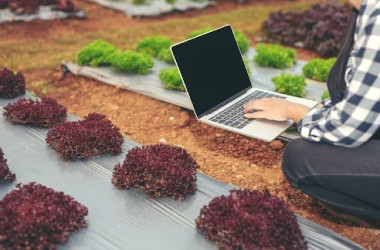
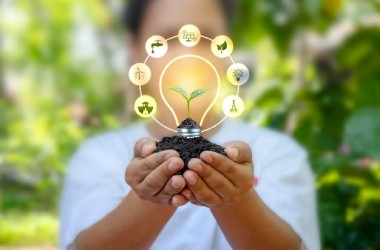
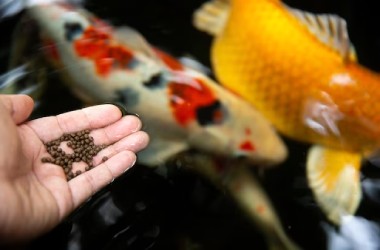
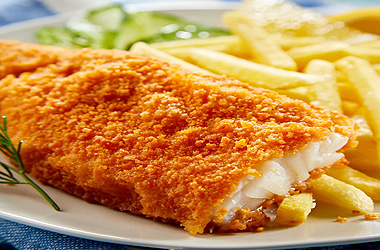
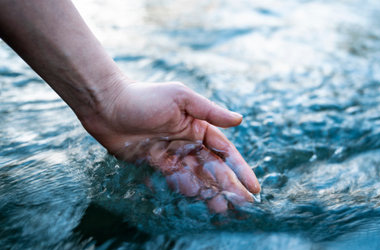

.jpg)
